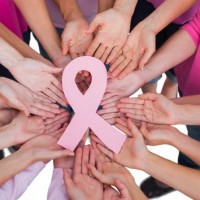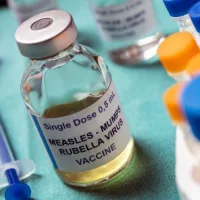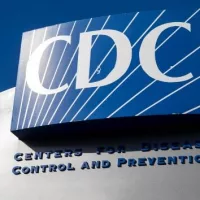
 Wavebreak Media/Thinkstock(NEW YORK) — Some women at high risk for breast cancer may be able to lower their risk to that of an average woman by making healthy lifestyle choices, according to a new study published in the Journal of American Medical Association (JAMA).
Wavebreak Media/Thinkstock(NEW YORK) — Some women at high risk for breast cancer may be able to lower their risk to that of an average woman by making healthy lifestyle choices, according to a new study published in the Journal of American Medical Association (JAMA).
To understand if healthy living could lower the possibility of developing breast cancer in the approximately 23,000 high-risk white woman between the ages of 30 to 80 that they studied, researchers from several institutions including the National Institutes of Health and Johns Hopkins University poured through data from their health records about their smoking and drinking habits, weight indexes and use of hormones.
An average 30-year-old woman has approximately an 11 percent chance of developing breast cancer by the time she is 80, according to the report. However, some women have a much higher risk of developing the disease due to “non-modifiable” issues like family history, genetic markers and reproductive factors — as much as 23.5 percent risk for developing breast cancer.
Using data from the cancer cohort and national survey they included in the study, researchers created a model to estimate risk among this group of white women.
What they found is that those with seemingly high risk for breast cancer due to genetic factors or family history could lower their overall risk to the average level of 11 percent by adopting a healthy lifestyle.
Dr. Robert Shenk, Medical Director at the Breast Center, University Hospitals Seidman Cancer Center in Cleveland, Ohio said these JAMA study results may help shed light on how women can modify their cancer risk. Most notably, not having an a high BMI, which would indicate overweight or obese body types, not smoking and not drinking heavily may all help people feel more in control of their health and cancer risk.
But, he added that further research could also show that those with a family history of breast cancer may have a lower risk than previously thought. Shenk said some women may understand their risk more and not feel doomed to have cancer due to family history and some could be oblivious to monitoring for breast cancer because they have no family history.
“The average risk is 10 to 12 percent for everyone,” said Shenk. “The highest risk factor is being a woman.”
This study is limited by the specific group — white women between the ages of 30 to 80 in Australia, Europe and the U.S., so the findings may not be expandable to a larger population of varying ethnic groups, some of which have different risk factors.
Copyright © 2016, ABC Radio. All rights reserved.















